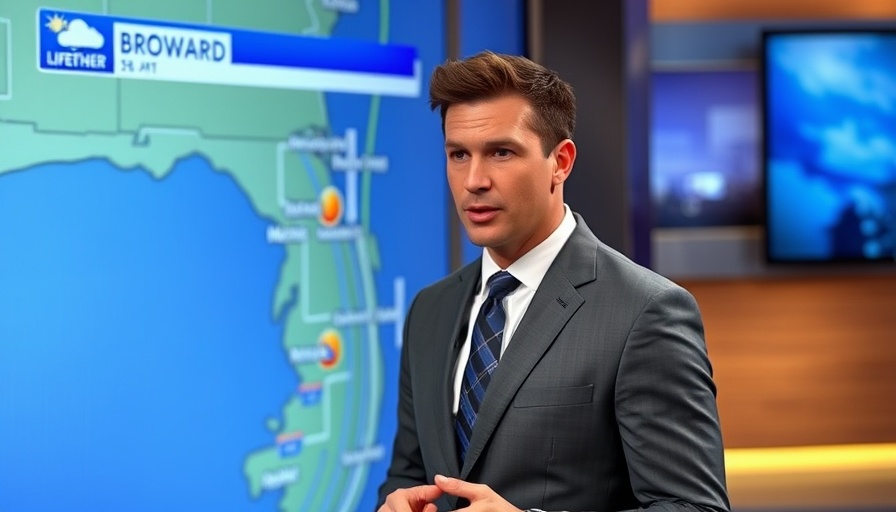
Trump's Emergency Order on D.C. Police: What It Means for Local Control
On August 11, 2025, President Donald Trump initiated an emergency order federalizing law enforcement in Washington, D.C., triggering a significant surge in federal control over the city’s policing. However, as this order expires, questions arise about the implications for the local administration and the ongoing debate in Congress surrounding the governance of the nation’s capital.
The Complex Interplay of Local and Federal Control
As congressional debates heat up over 13 proposed bills that could further diminish D.C.'s governing authority, the city’s ability to establish local law enforcement priorities may be at stake. The federalization measure, while ostensibly aimed at enhancing public safety, has highlighted a concerning trend where federal decisions increasingly dictate the operational dynamics of local governance. This situation raises grave concerns about accountability and community representation in a city so integrally tied to the federal sphere.
A New Era for D.C. Governance? Local Perspectives
Many in the District of Columbia see the expiration of Trump’s order as an opportunity for restoring local decision-making authority. This perspective echoes broader sentiments within the community, where citizens are eager for a governance model that prioritizes local needs over federal imposition. As local lawmakers and community leaders engage in discussions, there is a strong push for a governance structure that not only respects local input but also empowers residents in determining their public safety protocols.
Public Safety and Community Engagement
The question of public safety in D.C. often intersects significantly with the community’s input and engagement. Following the events of the past months, many residents advocate for law enforcement that truly reflects community values rather than overarching federal mandates. Local police departments are essential for ensuring that law enforcement strategies align with the community’s unique needs and perspectives, making community buy-in critical for successful operations.
The Lawsuit Against FBI Director Patel: A Broader Implication
Alongside these developments, a significant lawsuit involving three fired FBI officials accusing Director Kash Patel of aligning with political pressure highlights the intertwining of law enforcement and politics. The allegations suggest a disturbing trend of purges in federal agencies that may influence local perceptions of safety and trust in federal oversight. As this case progresses, it could exemplify the consequences of politicizing law enforcement and the broader implications for D.C. residents.
Future Predictions: What Lies Ahead?
Looking forward, the dynamics in Washington, D.C., may set a precedent for how local governance and federal oversight evolve. If community engagement is prioritized, it may lead to a governance model that champions increased local input while still balancing federal interests. As debates in Congress continue, the outcomes could reshape how residents interact with and perceive law enforcement in their city.
Conclusion: Stay Informed and Engaged
The expiration of Trump's emergency order marks a pivotal moment for the future of local governance in Washington, D.C. As debates unfold and community voices become vital in shaping policies, it is crucial for residents to stay informed and actively participate in discussions surrounding their public safety. Engaging in local governance not only empowers the community but also fosters a more responsive law enforcement culture that is essential in current times.
 Add Row
Add Row  Add
Add 




Write A Comment